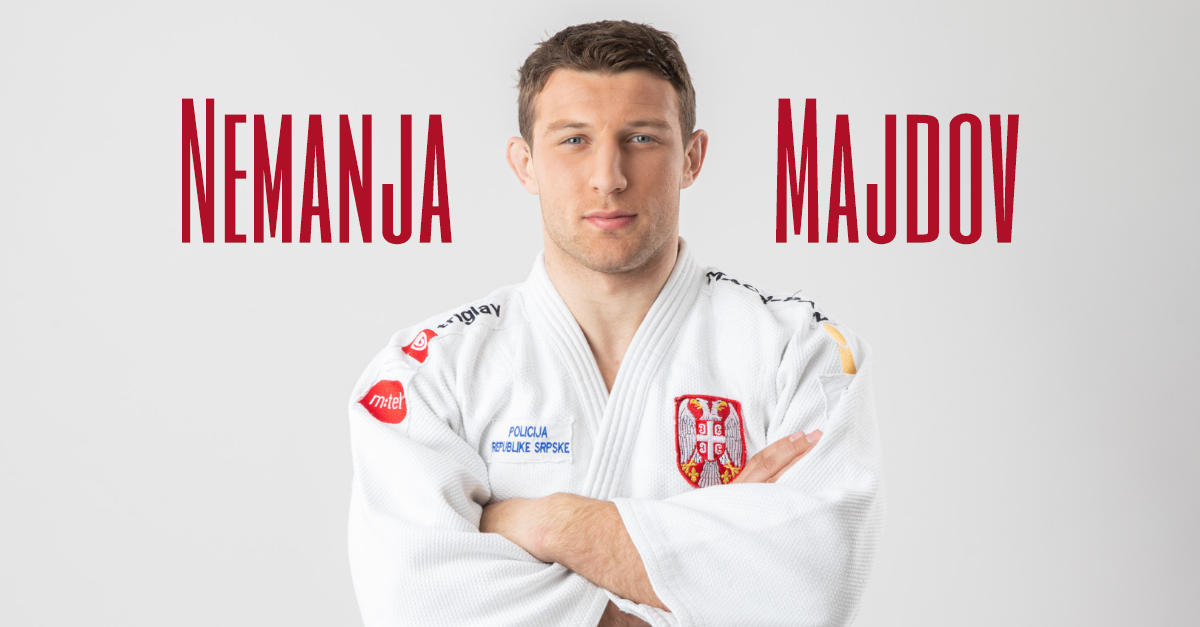In an outrageous display of selective enforcement, Serbian judo champion Nemanja Majdov has been slapped with a five-month suspension by the International Judo Federation (IJF) for a simple act of faith—making the sign of the cross before a match at the 2024 Paris Olympics. This isn’t just a penalty; it’s a glaring example of how the woke elite in sports are targeting Christians while letting other faiths slide. Majdov, a devout Orthodox Christian, was punished for what the IJF calls a breach of its strict rules against religious, political, or ethnic displays on the "field of play." Yet, when you look across the sporting world, it’s clear not all faiths are held to the same standard.
The Incident: A Cross Too Far?
Majdov’s "crime" occurred during the Paris Games. As he stepped onto the mat at Champ-de-Mars Arena, he made the sign of the cross—a quiet, personal gesture rooted in his Serbian Orthodox heritage. The IJF didn’t stop there; they tacked on additional violations, like not bowing to his opponent and adjusting his uniform improperly. But let’s be real—the religious gesture was the lightning rod. The IJF claims its rules protect neutrality, ensuring the "field of play" remains a judo-only zone. Fine. But if that’s the case, why does it feel like Christians are the ones constantly singled out?
Double Standards in Action
Turn the lens to other faiths, and the hypocrisy shines brighter than an Olympic torch. Muslim athletes regularly compete in hijabs—think Sifan Hassan, the Dutch track star who’s dominated distance running while proudly wearing her headscarf. No penalties there. At the Tokyo 2020 Olympics, Egyptian beach volleyball players wore full-body coverings in line with their Islamic faith, and the International Volleyball Federation didn’t bat an eye. Fair enough—athletes should express their beliefs. But when French sprinter Sounkamba Sylla was barred from the Paris opening ceremony for refusing to remove her hijab, it sparked outrage and quick concessions, not a suspension.
Then there’s the case of Sikh athletes. In field hockey, Indian players like Harmanpreet Singh wear turbans as a core part of their faith, and the International Hockey Federation allows it under cultural exemptions. No one’s disqualifying them for tying their identity to their sport. Meanwhile, Buddhist athletes have been known to meditate openly before events—Thailand’s Panipak Wongpattanakit, a taekwondo gold medalist, has spoken about her pre-match rituals rooted in Buddhist practice. No bans there either.
So why is Majdov’s cross—a two-second gesture—such a threat to judo’s sanctity? Why does it warrant a career-damaging suspension when other religious expressions get a pass?

Christians Under Siege
This isn’t an isolated incident. Christians in sports seem to face a unique scrutiny. Take the NFL’s Tim Tebow, mocked relentlessly for kneeling in prayer—dubbed "Tebowing"—during games in the early 2010s. Sure, he wasn’t fined, but the media and cultural pile-on was brutal. Contrast that with Colin Kaepernick’s kneeling for a political cause, which, while polarizing, earned him accolades from the progressive crowd. The difference? One’s a Christian act, the other’s secular activism.
Or look at the Olympics’ own history. The 2024 Paris opening ceremony featured a tableau that many Christians saw as a mocking reinterpretation of "The Last Supper." Complaints of blasphemy were dismissed as oversensitivity, yet when Muslim athletes faced hijab bans in France, the backlash was swift and sympathetic. It’s a pattern: Christian expressions are fair game for restriction or ridicule, while other faiths get cultural sensitivity carved out for them.
Opinion: Enough is Enough
Here’s the rub: the IJF claims Majdov knew the rules and had been warned before. Maybe so. But rules applied unevenly aren’t rules—they’re preferences dressed up as policy. If the goal is true neutrality, then ban all religious displays uniformly or none at all. Don’t let hijabs, turbans, and meditations slide while a quick cross gets you sidelined for half a year. This selective outrage smacks of an agenda, one that’s increasingly hostile to Christianity in a world obsessed with policing "offense."
Majdov’s suspension isn’t just unfair—it’s a signal. It tells Christian athletes to keep their faith in the closet or face the consequences, while others can wear theirs proudly. Sports should be about competition, not conformity to a secular straitjacket that picks winners and losers based on belief. The IJF needs to rethink this nonsense, and fans should demand fairness. Majdov’s cross didn’t hurt anyone, but the double standard sure stings. It’s time to call it what it is: discrimination, plain and simple.
